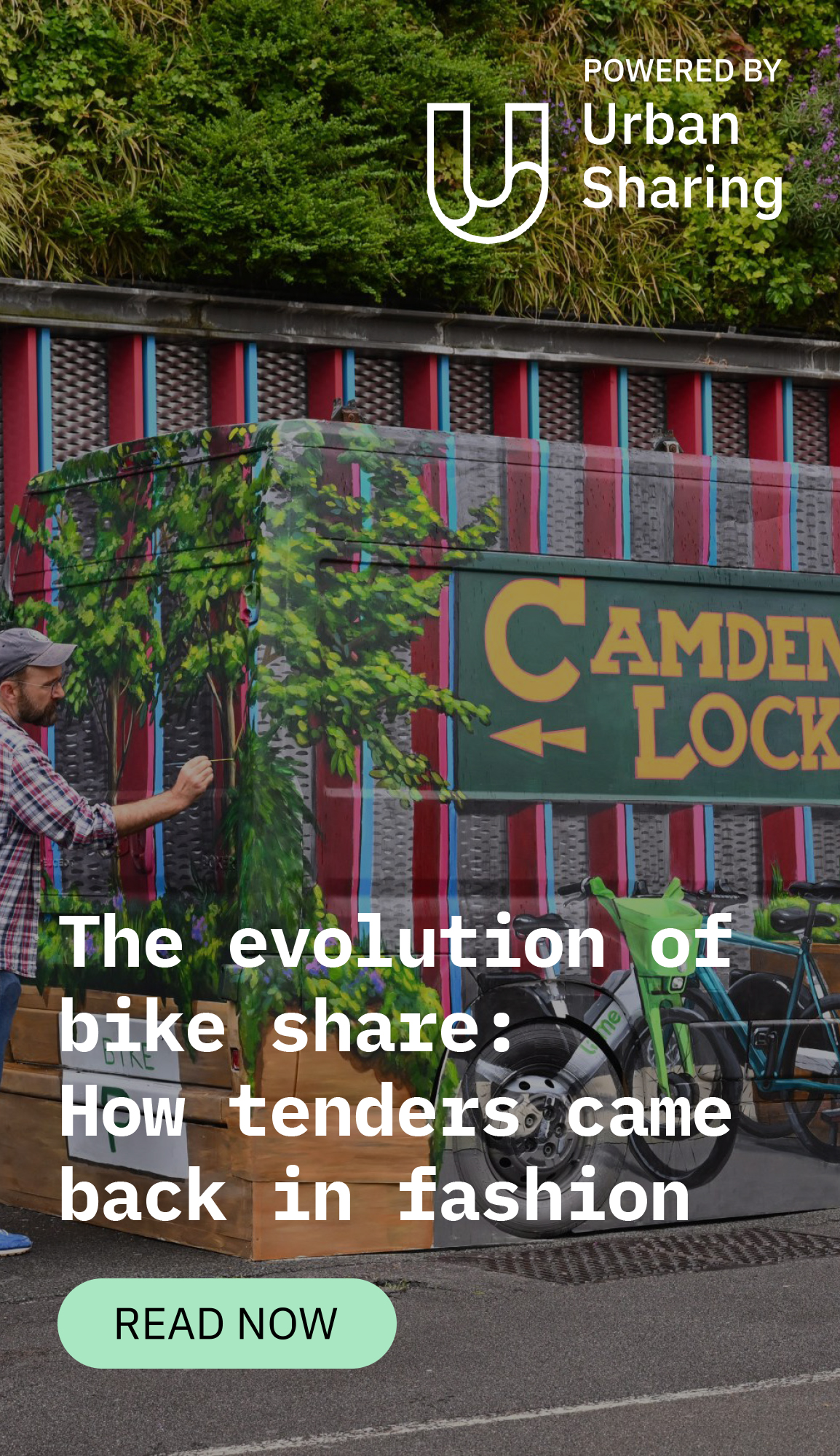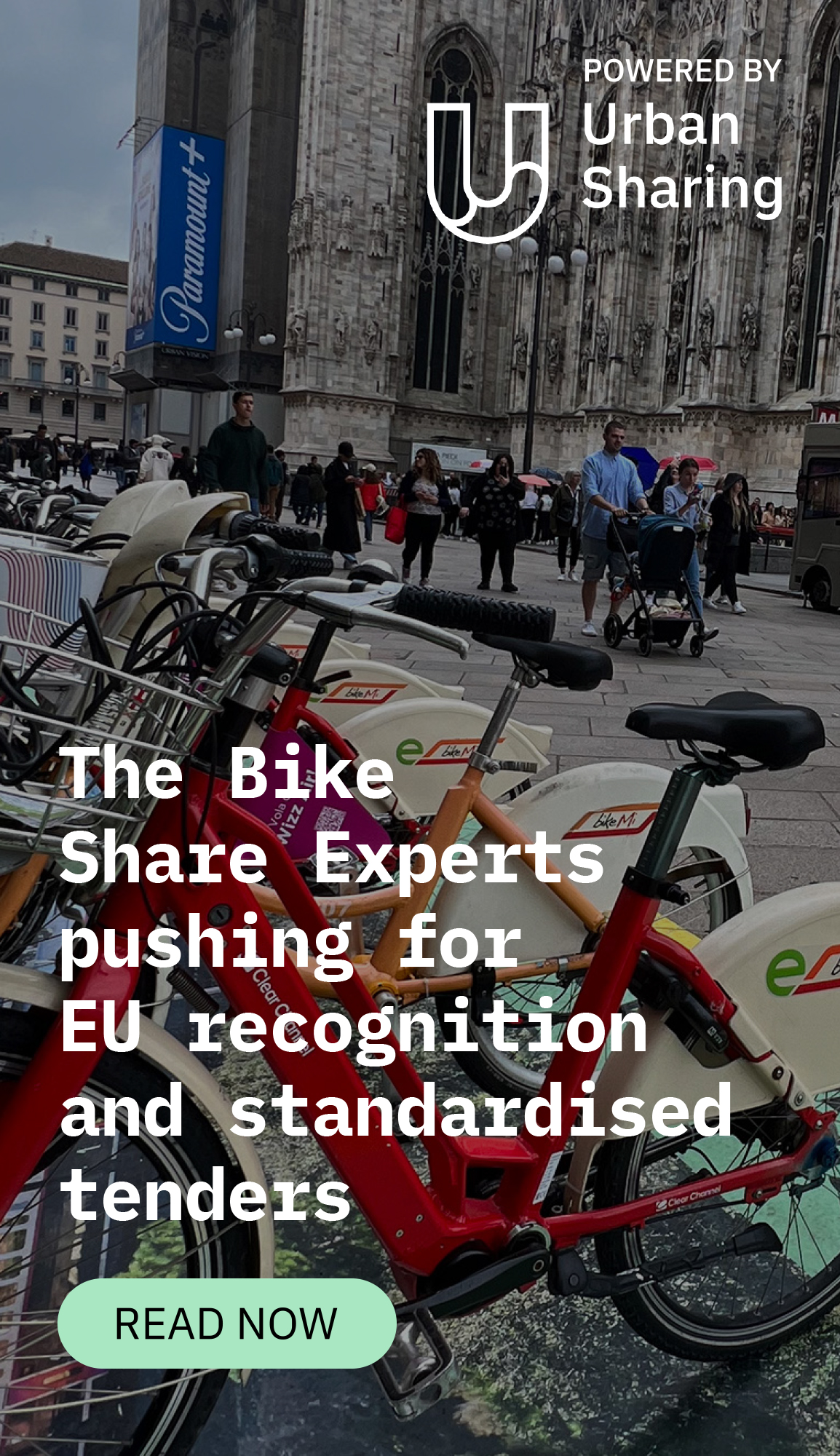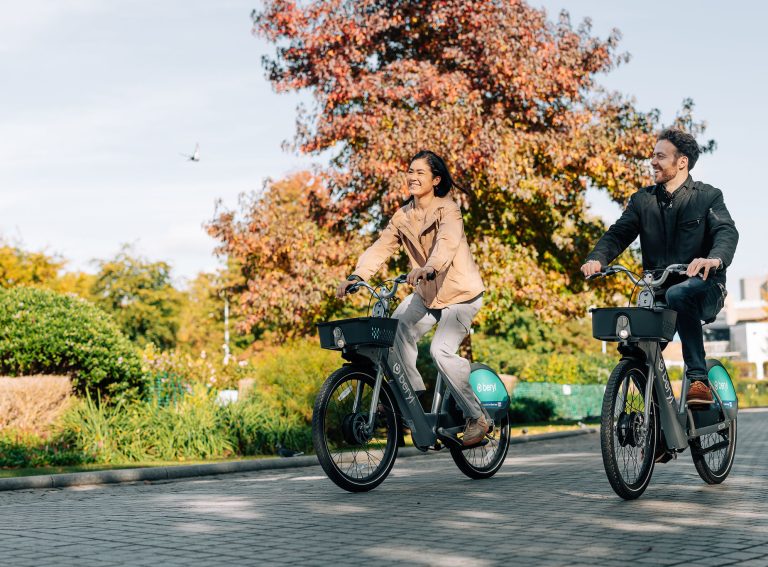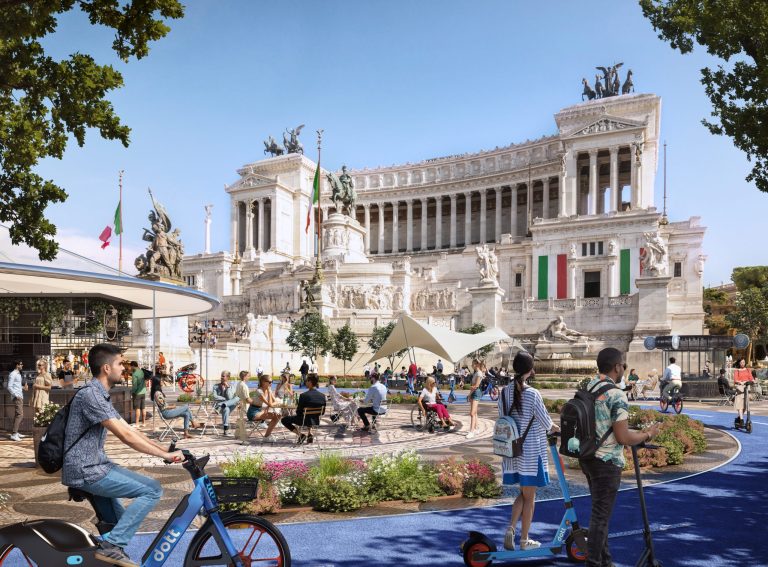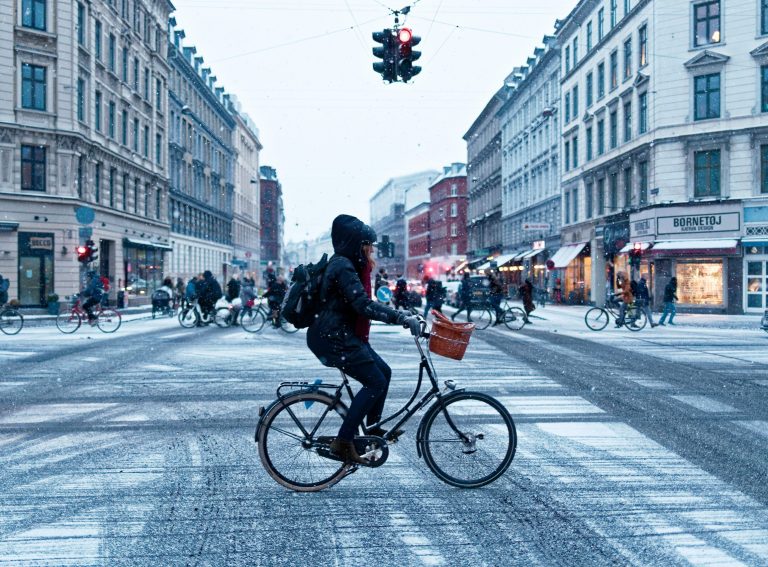Author: Sophie Noakes, ESG and Sustainability Manager at Beryl.
Already a carbon neutral organisation, Beryl has now taken the next step in sustainability after our near term targets were validated by the Science Based Targets initiative (SBTi) – the recognised global network for ambitious corporate climate action that leads the transition to a net-zero economy.
As a micromobility provider, Beryl’s vehicles are powered by either people or electricity so our systems play a big role in decarbonising the UK’s transport system, and delivering the energy transition.
We operate as a carbon neutral organisation, first reducing and as a last resort offsetting our carbon emissions through projects and initiatives, but we can’t just stop there. We must strive to reduce our carbon footprint even further.
To do that, we have now committed to set near-term company-wide emission reductions with the STBi that are in line with climate science.
Our Corporate Carbon Footprint measures all the greenhouse gases covered by the Kyoto Protocol and we follow a simple 4-step process to manage our emissions. This applies to all of our products and specific service areas and includes – Measure, Reduce emission, Offset residual emissions, Communicate.
Cutting emissions on the ground
In practical terms we work hard to improve our product longevity and our bikes are designed to last a minimum of five years. Beryl is unique as a UK operator in that we design, build and fix our bikes in our own specialist workshops. This reduces the need for mass transportation of vehicles over long distances for repair, and is fundamental to our operational model. Parts that are damaged beyond repair and unable to be reused are recycled where possible.
Our asset management system allows for full end-to-end transparency and auditability. Every part is tracked from inventory, to bike build, to live service, to reuse and then, if applicable, recycle. We also record in full every instance of vandalism including recovery of the asset. When assets are no longer fit to reuse, often as a result of criminal damage or wilful misuse, then we ensure they are recycled as efficiently as possible by separating them into categories (metal, rubber etc). All parts are weighed before collection to verify against recycling certificates.
We have accredited recycling partners including Ecolamp, who recycle our end of life lithium batteries and provide a certificate of proof for each one. We also work with Velorim and, during 2021, successfully recycled 750 kg of tyres and 260 kg of innertubes, which prevented them from going into landfills. Another partner, Noveon, recycles the magnets from our motors so they can supply them to the electric motor industry.
The challenge we’re up against
The Paris Agreement has set long-term goals to guide all nations to substantially reduce global greenhouse gas emissions. The aim is to limit the global temperature increase in this century to 2 °C, while pursuing efforts to limit the increase even further to 1.5 °C.
This figure hasn’t been plucked out of thin air – it has been identified by World Meteorological Organisation scientists as the point at which climate impacts will become increasingly harmful for people and the entire planet. Models show that 3.7 degrees of warming could cause global damages of $551 trillion. That’s nearly double the current global wealth.
It’s a huge issue and Beryl, as a sustainable company, must ensure we are part of the solution. Setting targets with the STBi reinforces our carbon reduction plan and builds on the work already undertaken.
Earlier this year, Beryl was recently re-certified as a B-Corporation company for another three years. Achieving this required us to be successfully evaluated on, amongst other things, our environmental impact and the work we do to reduce it.
Since we launched our first share scheme in April 2019, we have generated more than 2,267,000 sustainable transport journeys across 8,690,000 km – nearly 217 journeys around the Earth. According to industry calculations, this has saved almost 100 tonnes of carbon dioxide emissions. Our approach is progressive and we are always reviewing our procedures and looking for ways to improve.
Our riders are clearly playing their part in helping to reach the targets outlined in the Paris Agreement. By switching from four wheels to two, they are contributing towards reducing traffic congestion and carbon emissions and are making a significant contribution to a more sustainable world. They’re also having more fun and, given the current cost of fuel, are likely to be saving money – so what’s not to like?

